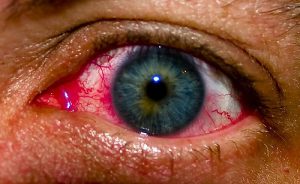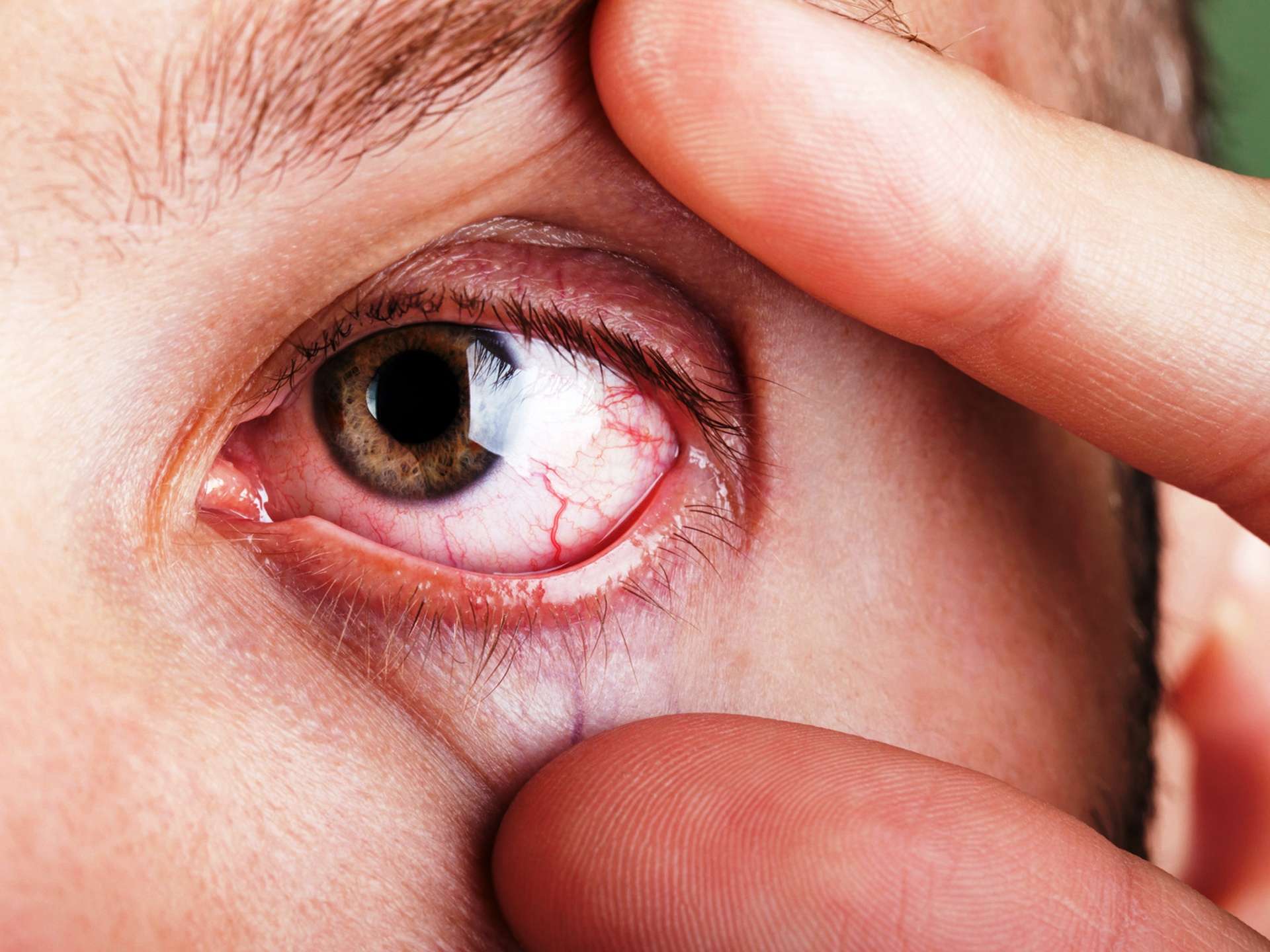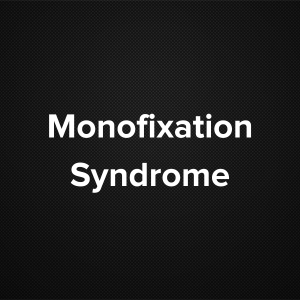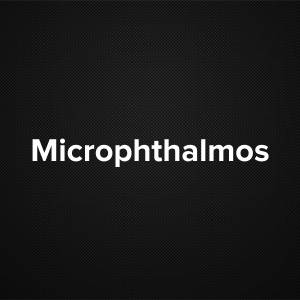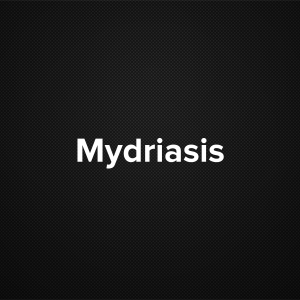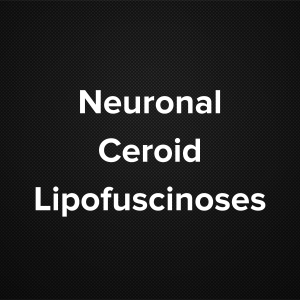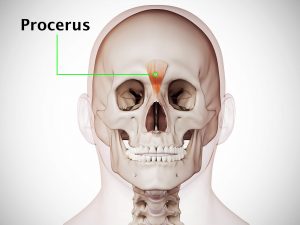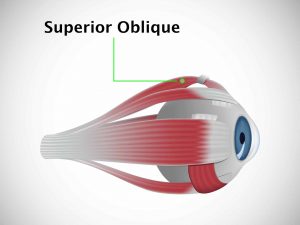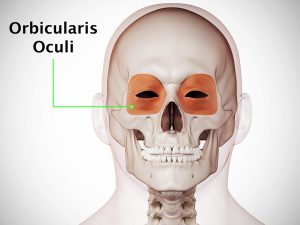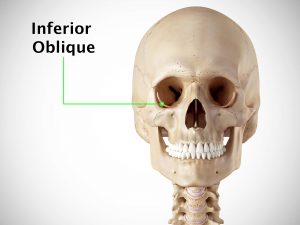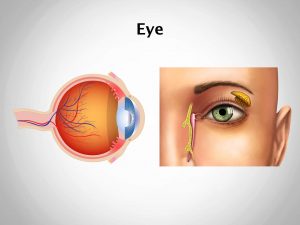Causes and risk factors
An allergy is an autoimmune reaction of the body. When an individual consumes or is exposed to a specific substance to which the person is sensitive to, the immune system considers it as a harmful substance for the body. As a result, the body stimulates the cells to secrete the immunoglobulins to nullify the effect of the substance. The next time as soon as one is exposed to that substance, the immunoglobulins are stimulated and they release histamines for the defense; this process gives rise to the signs and symptoms. Most commonly, eye allergy is often associated with other allergic conditions like hay fever, atopic dermatitis, or can be caused due to exposure to certain substances like cosmetics, certain chemicals, or exposure to sun. Hair dye is another common cause of eye allergy. Complaints of eye can also be seen in case of allergies to certain food substances or due to bee stings.
Clinical presentation:
The allergic reaction can range from mild complaints to a serious problem. The patient comes up with complaints of irritation to the eyes along with itching, redness, and watering. The eyes can become puffy and the patient is sensitive to bright light. In case of chronic allergies, dark circles are seen under the eyes. The person feels like sensation of foreign body in the eyes. The vision can be affected. Blurred vision is complained by the patient. In severe cases, corneal scarring or blindness can occur.
Investigations:
Usually the patient himself can identify the allergy. Diagnosis can be done on the basis of the symptoms narrated by the patients and the physical examination carried out by the ophthalmologist. A detailed history taken from the patient will help the doctor to evaluate. Routine blood tests and allergy tests can be recommended by the consultant who will confirm the diagnosis.
Treatment:
As per doctor’s advice, substances or cosmetics which cause allergy should be avoided. Mild cases usually resolve in some days. If required for relieving the discomfort, antiallergic medications or soothing eye drops are advised. Antihistamines and steroids have been found to be effective. In cases of anaphylaxis, hospitalization and close monitoring is required.
Other modes of treatment:
Certain other modes of treatment can also be helpful in coping up with the disease. Taking into consideration the symptoms in a holistic way, homoeopathy can offer a good aid for the relief of the symptoms.
